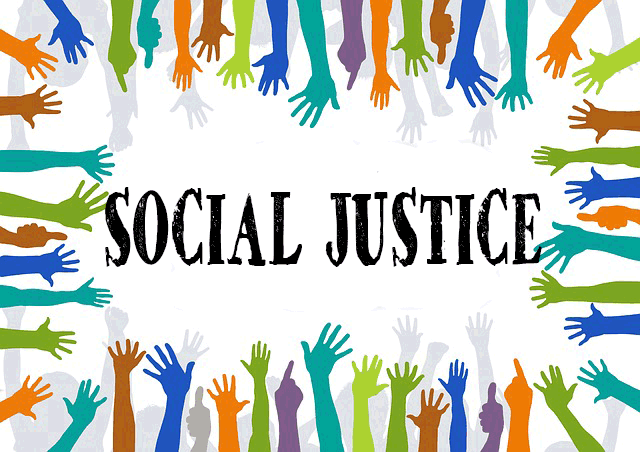Concept of Social Justice
From a sociological perspective, poverty and inequality are two distinct but interrelated concepts that have significant impacts on individuals and society. Poverty refers to a lack of essential resources, such as food, shelter, and healthcare, while inequality refers to the unequal distribution of resources and opportunities within a society. Inequality is often viewed as a root cause of poverty, as it can limit access to education, healthcare, and other essential resources.
One of the key similarities between poverty and inequality is that they both have negative impacts on individuals and communities. Poverty can lead to poor health outcomes, limited educational opportunities, and social isolation. Inequality can lead to social and political unrest, reduced economic growth, and decreased social mobility. Both poverty and inequality can create cycles of disadvantage, as individuals who experience poverty or inequality are often at a disadvantage when it comes to accessing resources and opportunities that could help them improve their lives.
However, poverty and inequality have some important differences. Poverty is an absolute measure, meaning that it is concerned with the lack of essential resources that individuals need to survive and thrive. In contrast, inequality is a relative measure, meaning that it is concerned with the distribution of resources and opportunities among different groups in society. Inequality can exist even if everyone has access to essential resources, as long as some groups have access to more resources and opportunities than others.
Fight Against Poverty
The fight against poverty and inequality has positive effects on society. Addressing poverty can lead to better health outcomes, increased economic productivity, and reduced crime rates. Addressing inequality can lead to greater social cohesion, increased trust in institutions, and greater economic stability. By reducing poverty and inequality, societies can improve the well-being of all individuals and create more equitable and just societies.
Furthermore, the fight against poverty and inequality is central to the concept of social justice. Social justice aims to ensure that all individuals have equal access to essential resources and opportunities. Addressing poverty and inequality is necessary to achieve social justice. Without addressing poverty and inequality, some individuals and groups will continue to be marginalized and excluded from society.
In conclusion, poverty and inequality are two related but distinct concepts that have significant impacts on individuals and society. While poverty is concerned with the lack of essential resources, inequality is concerned with the unequal distribution of resources and opportunities. The fight against poverty and inequality is important for improving the well-being of individuals and society as a whole, and it is central to the concept of social justice. By addressing poverty and inequality, societies can create more equitable and just societies where all individuals have equal access to essential resources and opportunities.



